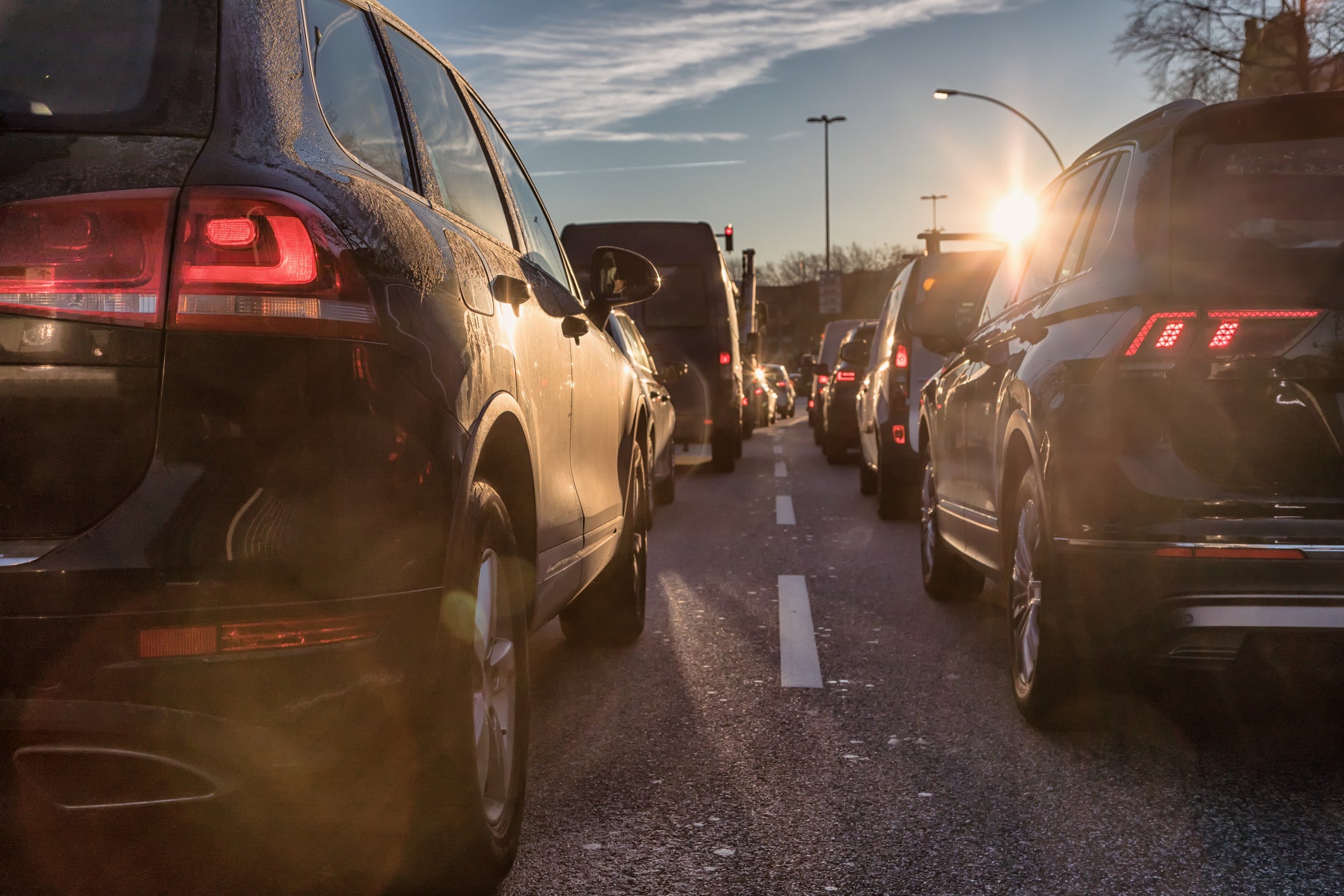In the early 1990s, when I was 12 or 13, the BBC aired a TV series which followed families in a variety of European countries as they tried to prove how “green” they were.
Quite possibly I got into it because I had a crush on the girl from the Danish family. But week by week (or was it day by day?), I became more intrigued by the programme’s primary, environmental message. My recollection is that there was a competitive side to the concept, with each family vying to prove they were the most eco-friendly – mainly by recycling, growing their own vegetables and taking public transport. I loved it.
As climate catastrophe approaches with ever-increasing rapidity, it is odd to think that back then, the green message seemed niche to the point of radicalism. Then again, it’s not as odd as the fact that with ecological disaster now an ever-present danger, so many people seem to regard the prospect with complete equanimity.
Read More:
In this context, I was struck a few days ago by the remarks of the head of the RAC Foundation, Steve Gooding, who suggested that urban dwellers should consider whether they really need SUV-style cars when driving in towns and cities. The growing popularity of these vehicles, with their higher average emissions, is an emblem – if one were needed – of our continuing failure to prioritise climate change when it comes to personal behaviour.
Before you accuse me of the kind of imagination failure I was banging on about last week, I quite accept that some drivers need vehicles with the capacity to drive in rough terrain, or in rural areas prone to bad weather, and I know that some SUVs have low(ish)-emission, or even run on electricity. I don’t doubt they’re safe too – for the people inside them. And some aren’t that big. Sure, sure.
I must also admit that SUVs are a personal bugbear because about two-thirds of the children who attend the private school 200 yards down my road arrive in them. Their large engines idle in traffic jams, they regularly block pavements and each year they seem to get bigger and shinier.
And whatever method I use to convey the shopping home, you can get your bottom dollar there will be some meat in my eco-friendly tote bags
The fact remains though, that recycling the odd bottle is unlikely to make up for doing the school run in a Range Rover Discovery. Anyone who worries that Covid is merely a prelude to the climate-related trouble ahead but then hops into the 4x4 in their driveway for a quick jaunt to the corner shop, should wake up and smell the fumes.
Stop long enough to give the matter some thought, however, and it’s hard to reach any conclusion other than almost all of us are climate hypocrites to a greater or lesser extent. I know, for instance, that I shouldn’t really be lighting my sitting-room fire. True, I only do so rarely but it’s not actually necessary for keeping us warm: it just makes the place look and feel cosy.
On a Saturday morning, when I go shopping at the local market, I ought never to take the car. It’s barely a 10-minute walk and even with three or four large bags to carry on the way home, I should just suck it up – it’s good for me after all. But if the weather is miserable, or if I’m in a rush, I am too easily tempted to drive.
And whatever method I use to convey the shopping home, you can bet your bottom dollar there will be some meat in my eco-friendly tote bags. Not as much as we used to eat but more than is good for the planet.
Read More:
I know a few people who say there is no point worrying about climate change as an individual because only governments (especially in developing countries) have the power to curb carbon emissions. But that is a cop-out: a renunciation of personal morality disguised by a denial of individual agency. You might as well just stand on the beach and wait for the wave.
Kermit the Frog may not have realised how forward-looking he was being when he sang: “It’s Not Easy Being Green.” But it’s getting easier and we all have a responsibility to do our bit, however insignificant it may seem and however inconvenient it may be.


Join our commenting forum
Join thought-provoking conversations, follow other Independent readers and see their replies
Comments